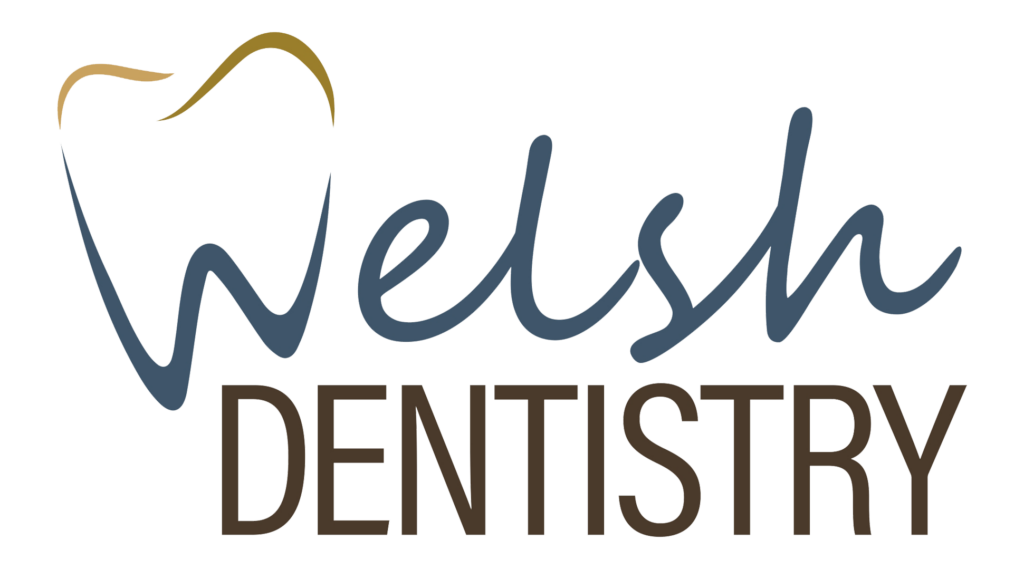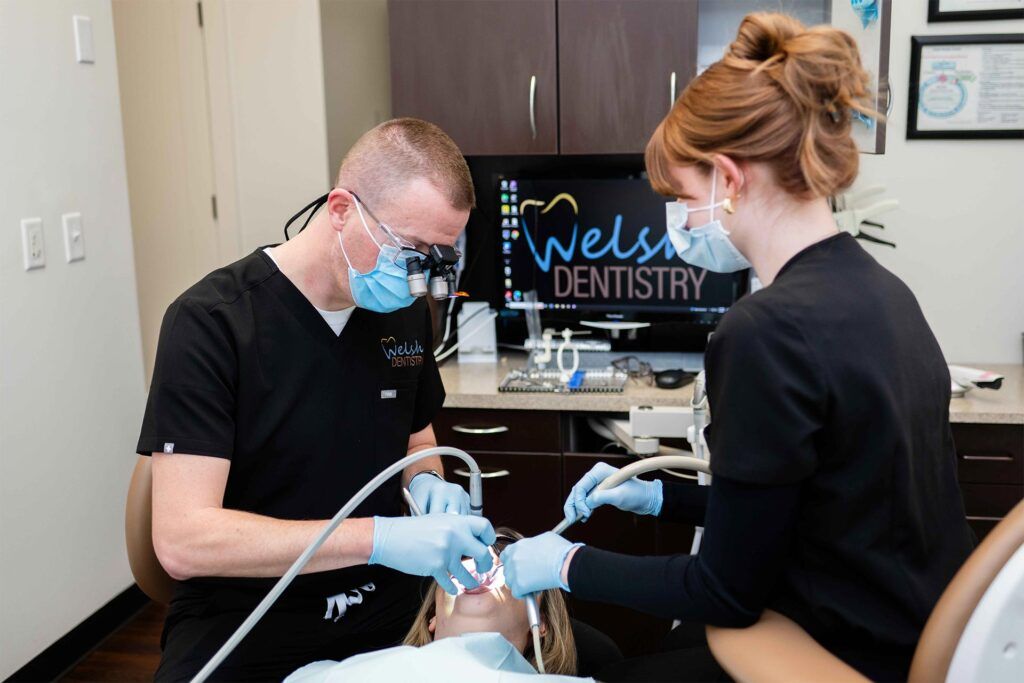If you have damaged, decayed, or missing teeth, restorative dentistry offers effective solutions to restore your oral health and confidence. This patient education material is designed to provide you with valuable information about restorative dentistry, including common treatments, benefits, and what to expect during the restorative process.
Common Restorative Dental Treatments
- Dental Fillings: Used to repair teeth affected by cavities or minor damage, dental fillings restore the structure and function of the tooth while preventing further decay.
- Dental Crowns: Dental crowns are custom-made caps placed over damaged or weakened teeth to strengthen and protect them from further damage. Crowns restore the shape, size, and appearance of the tooth.
- Dental Bridges: Dental bridges are used to replace one or more missing teeth by anchoring artificial teeth (pontics) to adjacent natural teeth or dental implants. Bridges restore chewing function and prevent neighboring teeth from shifting out of place.
- Dental Implants: Dental implants are titanium posts surgically implanted into the jawbone to replace missing tooth roots. Once integrated with the bone, implants support dental restorations such as crowns, bridges, or dentures, providing a stable and long-lasting solution for tooth replacement.
- Dentures: Dentures are removable dental appliances used to replace multiple missing teeth or entire dental arches. Dentures restore chewing function, improve speech, and enhance facial aesthetics for patients with extensive tooth loss.
- Root Canal Therapy: Root canal therapy is a procedure used to treat infected or inflamed tooth pulp (the innermost layer of the tooth) by removing the infected tissue, disinfecting the root canal system, and sealing it to prevent further infection. Root canal therapy saves damaged teeth from extraction and preserves their natural structure.
Frequently Asked Questions
What is the difference between restorative and cosmetic dentistry?
Restorative dentistry focuses on repairing or replacing damaged or missing teeth to restore function and health, while cosmetic dentistry focuses on enhancing the appearance of the smile through treatments such as teeth whitening, veneers, and cosmetic bonding.
Are restorative dental treatments painful?
Restorative dental treatments are performed under local anesthesia to ensure your comfort during the procedure. You may experience some mild discomfort or sensitivity after treatment, which can usually be managed with over-the-counter pain relievers.
How long do restorative dental treatments last?
The longevity of restorative dental treatments depends on various factors, including the type of treatment, the materials used, and your oral hygiene habits. With proper care and maintenance, restorations such as dental fillings, crowns, and implants can last for many years or even a lifetime.
Can restorative dentistry improve my oral health?
Yes, restorative dentistry can improve your oral health by repairing or replacing damaged or missing teeth, restoring function, and preventing further dental problems such as decay, infection, or tooth loss.


